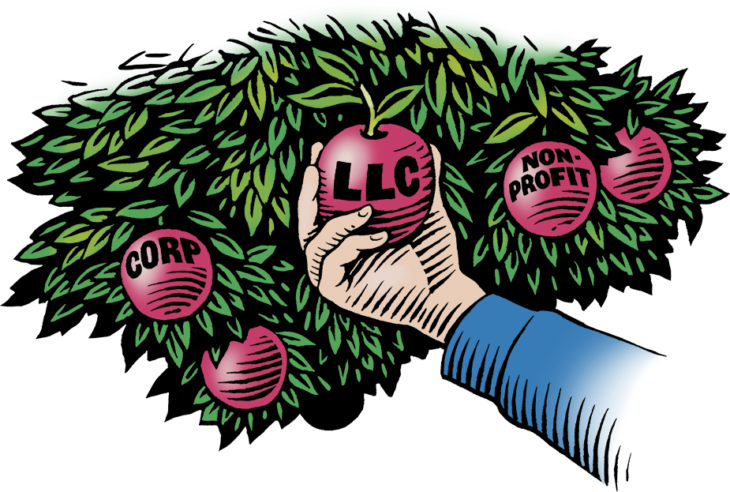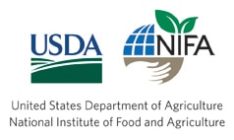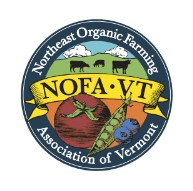Farmers Market Legal Toolkit
Legal resources for building resilient and accessible markets.
Strengthen Your Market
The Farmers Market Legal Toolkit includes legal resources, best practice recommendations, and case studies for market leaders on selecting and enhancing business structures, accepting SNAP benefits, and managing common risks.

Pick A Business Structure
Learn why business structures matter, then explore your market's options and their legal implications.

Implement SNAP/EBT
Learn how to develop and implement a well-designed SNAP program at your farmers market.

Manage Your Risks
Identify common legal risks markets face and best practices for managing them.
Case Studies
This Toolkit includes case studies highlighting real experiences from markets around the country that illustrate specific legal issues covered here.
Explore case studiesCapital City Farmers Market, Montpelier, Vermont
Legal precautions aren’t a luxury—they can be essential protection for a market.In 2010, a patron of the Capitol City Farmers Market in Montpelier, Vermont, slipped, fell and broke her wrist while perusing the summer market. She sued the market for over $100,000. Fortunately, prior to the incident, the market had made two decisions that ultimately saved it from financial ruin.
Read the story
Why a legal toolkit?
Across the country, farmers markets are supporting small farms and businesses, increasing access to fresh foods, and meeting a host of other community needs.
Farmers markets are collections of relationships within a community--between markets and host sites, managers and vendors, farmers and customers, and many more. Legal tools can help clarify responsibilities and expectations within those relationships, whether you are a farmers market manager, vendor, host site, or customer.
This toolkit is designed and developed for market leaders who, together with their vendors, are looking for legal tools and resources to help them build resilient farmers markets in their communities.
Learn more about the toolkit


